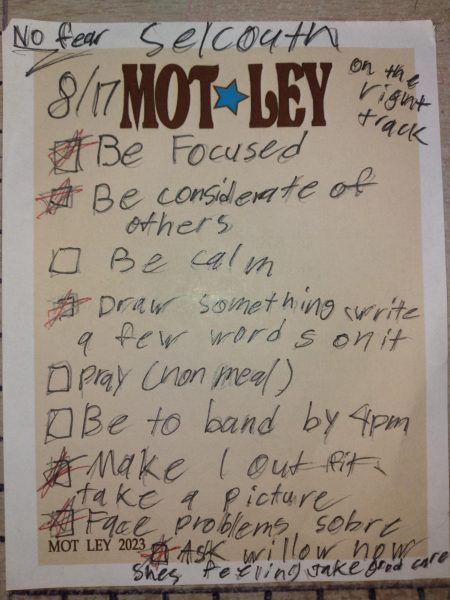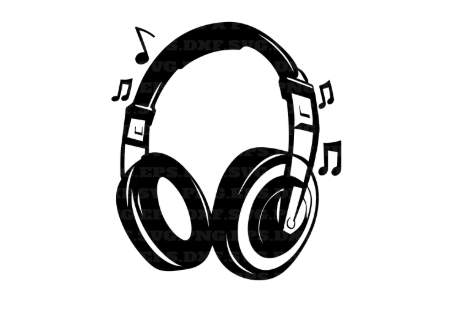
Recording one’s life is an important practice. Whether it be cave painting, scroll, or Google Doc, people have been writing about themselves as long as the earth has spun. But what I would like to talk about isn’t just autobiographical record, but autobiographical reflection. Keeping a journal is an amazing way to stay focused on what you hold important in life. Journaling supports productivity, mindfulness, and creativity. Simply physically writing things down can help you remember them better, and thus, more effectively accomplish your goals.
The beauty of journaling is that it can be as in depth or bare as you want. I use “journaling” as a fairly loose, summatory word. The term encompasses something as complete as full diary entries to something as simple as just one goal, and a reflection on a sticky note. At its core, journaling is those things, goals and reflections. All you need to keep a journal is a brain and a way to write.
Journaling can come in many different forms. An easy to get into, day-by-day journal I like to use is simply taking a piece of notepaper, and writing bullet points of things you would like to accomplish and things you should avoid. It’s important not to have too many points. You don’t want to over saturate your list with so much to think about, you don’t focus on any of it at all. Write the points down in the morning or, as I do, the night before. Then, at the end of each day, go back to your little list and check all the things you’ve completed for that day. On the back of the paper, reflect on what you learned and what you would like to accomplish the next day that you failed this day. Optional gratitude time, meditation, prayer, little drawings, or anything else beneficial could be added to the back of the paper. I usually filled the front with a list, and the back with a few sentences of reflection and a doodle. Doodles don’t have to mean anything.
I should clarify this journal style isn’t a to-do list. Although it is in the same format as, for example, a list of chores, the items on your journal should pertain to positive areas of life which you choose to hold onto. The purpose of journaling isn’t to accomplish a list, but to instill within yourself mentally healthy habits. The primary strength of journaling is the reflective element. Reflections can be as long or short as you would like, some reflections will be better than others but you should always try to find a takeaway from the day. Writing a reflection at the end of the evening will clear your mind, keep you focused, and perhaps even give your life meaning (the last of these is not a guaranteed benefit of journaling).
Self discipline is no easy thing, but when you find the persistence to keep your journal going, the benefits will affect your life. Having set time for your journaling is important because it creates a habitual session of mindful exercise that you can always rely on to center yourself. Overtime, you will gain a knack for self examination. This, I promise, will carry you far.
So after telling you why I know journaling is important and will improve your life, I beseech you, dear reader, journal. For the love of yourself, journal. And if not for the love of yourself than for the love of something else until you find, through journaling, love for yourself. At the end of the day you are the one that must make change in your life and if your life needs no change it’s still up to you to maintain your happiness. Why not use the wonderful, accessible tool of journaling? Good luck, I mean it.






